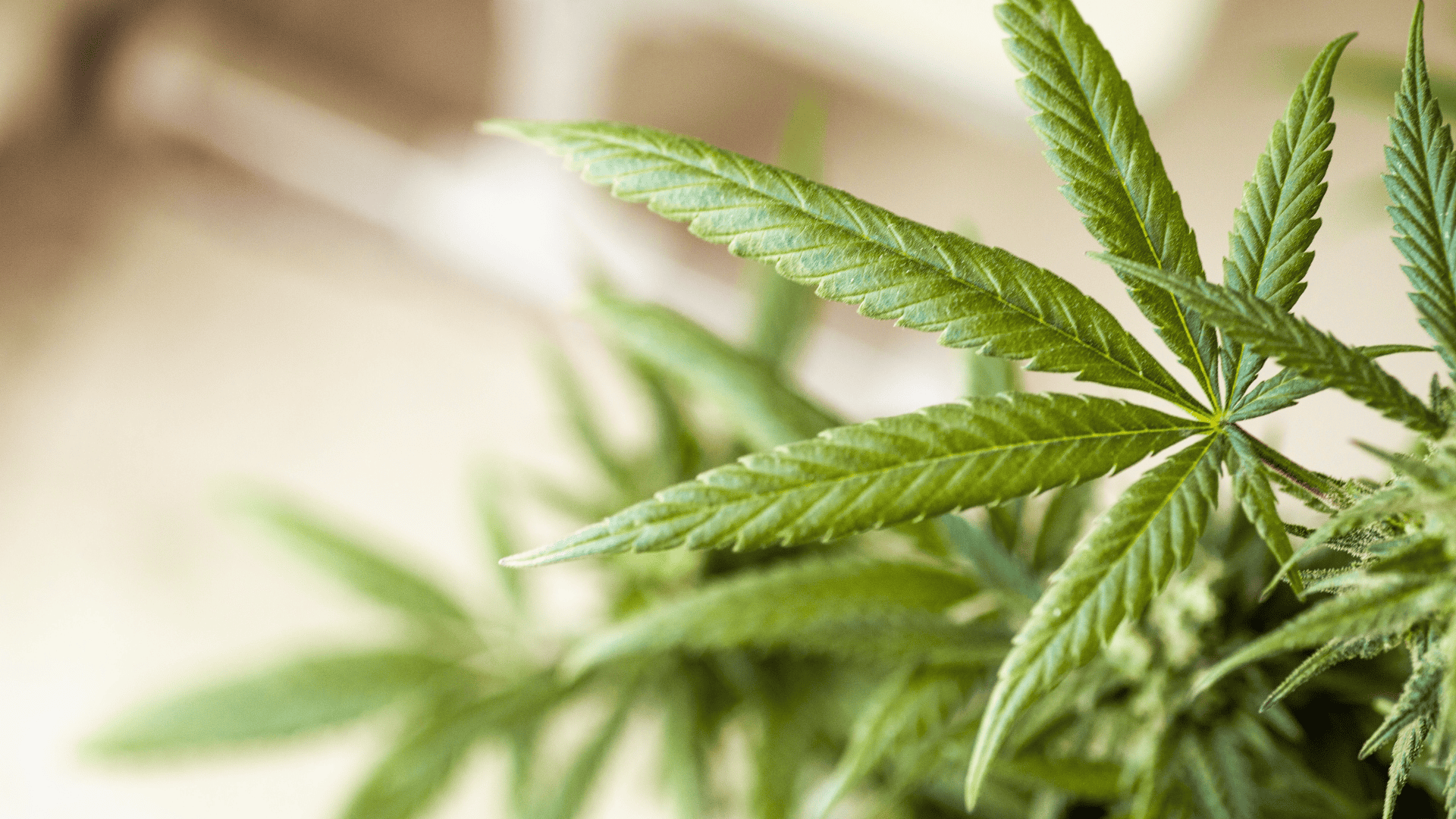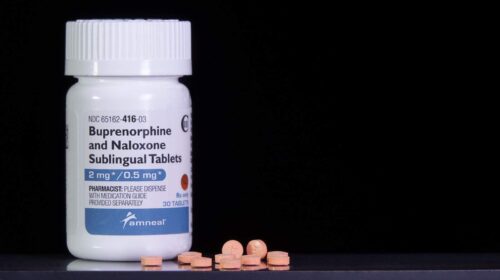Marijuana, commonly known as weed or pot, is a drug derived from the cannabis plant. It’s often smoked to get the euphoric effects of tetrahydrocannabinol (THC), the main psychoactive substance.[1]
Though it’s viewed as relatively harmless compared to “hard” drugs like heroin or cocaine, marijuana is vastly used and not without risk. THC has the potential for addiction, but not all individuals who use marijuana develop addiction. Withdrawal symptoms can occur in some users upon cessation, especially after prolonged or heavy use, but they are not experienced by all.
Marijuana Effects
Marijuana is often smoked, but people have found new and creative ways to consume it, including vaporizers, edibles, tinctures, oils, and baked into foods. However, when it’s consumed, THC enters the bloodstream and travels to the brain, causing a high. Some of the other symptoms include:[2]
- Altered perception of time
- Increased senses
- Laughter
- Relaxation
- Decreased body movement
- Mood changes
- Impaired thinking and memory
If too much marijuana is consumed at once, people can experience hallucinations, delusions, or even psychosis.[3] The effects take about 30 minutes to an hour to begin and can last for a few hours. Aside from the immediate effects, marijuana can have long-term negative effects, particularly in adolescents. It can cause memory problems, impair thought processes, and permanently affect learning functions.[4]
Marijuana Addiction
Marijuana is not often thought of as an addictive drug. In fact, some people believe that marijuana is only psychologically addictive but not physiologically addictive.
Marijuana use disorder, or cannabis use disorder, is the proper term for marijuana addiction in the Diagnostic and Statistical Manual of Mental Disorders, Fifth Edition (DSM-5). The criteria includes:[5]
- Taking marijuana in larger amounts or for longer periods than intended
- A persistent desire to cut back or control marijuana use
- Spending a lot of time obtaining, using, or recovering from marijuana
- Strong cravings to use marijuana
- Recurrent marijuana use that causes issues at work, school, or home
- Continued marijuana use despite recurrent problems
- Giving up on activities once enjoyed because of marijuana use
- Recurrent marijuana use in situations that are dangerous
- Continuing to use marijuana despite knowing the use is causing recurrent physical and psychological issues
- Tolerance to the effects of marijuana
- Withdrawal upon stopping or cutting back on marijuana use
The addictive potential of THC and the occurrence of withdrawal symptoms are not uniform across all marijuana users. While some individuals may develop dependence and experience withdrawal symptoms upon cessation, others may not. This variability is influenced by factors such as the duration and frequency of use, individual biology, and psychological factors.
Marijuana Detox and Withdrawal
Stopping marijuana or dramatically cutting back on use can bring on marijuana withdrawal symptoms, some of which can be intense. It’s extremely likely for people to relapse to relieve the discomfort of withdrawal. Some marijuana withdrawal symptoms include:[6]
- Irritability
- Anger
- Aggression
- Nervousness
- Anxiety
- Sleep difficulty
- Decreased appetite or weight loss
- Restlessness
- Depressed mood
- Abdominal pain
- Tremors
- Sweating
- Fever
- Chills
- Headache
Symptoms often occur within 24 hours, reach a peak by day three, and can last up to two weeks. Withdrawal is typically more severe with heavy use or more recent use.
Medication to Manage Marijuana Detox and Withdrawal
Some drug withdrawal syndromes can be relieved with medication. Marijuana withdrawal can benefit from CB receptor agonists and anxiety medication, but it varies by individual.[7] Marijuana detox kits and cleanses, often advertised as quick solutions for detoxification and passing drug tests, are available for purchase, but their effectiveness and safety are questionable and not scientifically proven. Though these kits are legal, they aren’t regulated well and have questionable quality and safety.
If you are unable to quit using marijuana on your own or are concerned about a drug test for employment or legal reasons, it’s best to seek help from your doctor or a substance abuse treatment facility.
Can I Detox from Marijuana on My Own?
While marijuana is unlikely to cause serious complications during withdrawal, it’s not advised to try to stop using it on your own. The intensity of the withdrawal symptoms can be enough to cause you to relapse.
Otherwise, the symptoms are mostly uncomfortable but rarely life-threatening. Stomach problems like nausea and vomiting can cause dehydration, but drinking plenty of water or having someone nearby can help. You can also take hot baths to reduce pain and reduce or eliminate caffeine to help with sleep issues.
The physical symptoms are just part of the detox experience, however. There are psychological aspects to detox, including depression and anxiety, that can occur after the physical detox is complete. It can be difficult to manage these feelings on your own, especially if you have a marijuana addiction and you’re trying to get on the path to recovery.
Medical detox can be helpful to manage the symptoms of withdrawal and provide a safe, comfortable environment while the drug clears your symptoms. Medications are available to treat symptoms like headaches and nausea, but you also have supervision to prevent relapse. If your withdrawal is severe, your medical team may recommend a taper schedule to “wean” you off of marijuana.
After detox, you can enter into a marijuana addiction treatment program. Marijuana use disorder is similar to other substance use disorders, but it often has a more positive outlook. Marijuana use disorder can co-occur with other psychiatric disorders or substance use disorders as well. Addiction treatment addresses all of these concerns with individualized treatment plans with medications and behavioral therapies like:[8]
- Cognitive-behavioral therapy is a form of psychotherapy that teaches strategies to identify and correct problematic behaviors to improve self-control.
- Contingency management is a therapeutic management approach that monitors target behavior and uses rewards to encourage it.
- Motivational enhancement therapy is a systematic form of intervention designed to produce rapid, internally motivated change.
Seek Help for Marijuana Abuse and Addiction
Taking the first step toward recovery can be daunting. At Recovery Unplugged, we offer a comfortable, confidential environment that empowers you to take control of your health and pursue lasting recovery. Contact us today to learn more about our treatment programs.

























